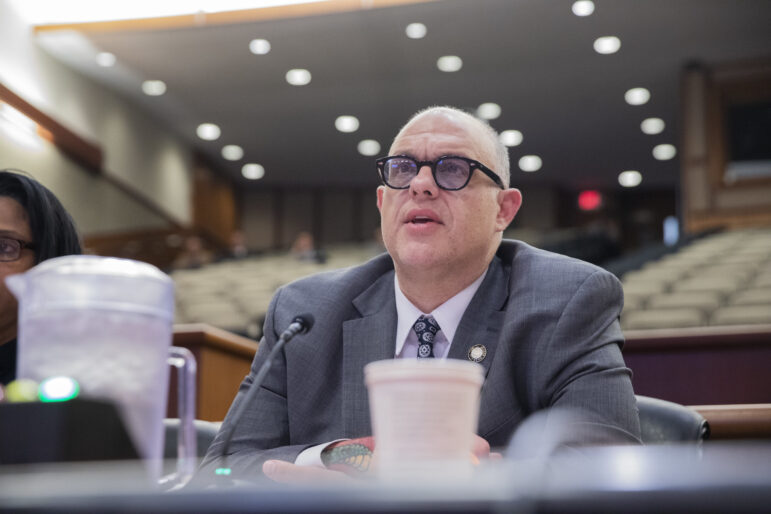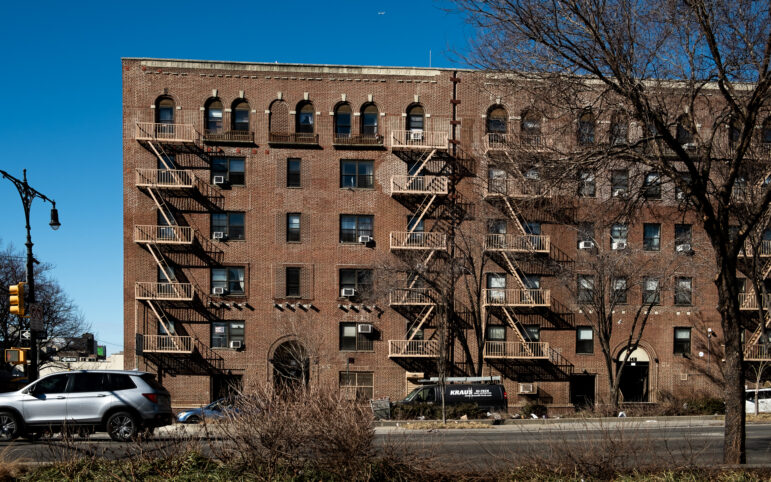Dressed in traditional skullcap and gown after a recent prayer service, Reda Shata, a 36-year-old imam from Cairo, storms into his office on the third floor of the Bay Ridge Islamic Society. Clutching a cup of Dunkin Donuts coffee, he quotes Abraham Lincoln and Gandhi, explaining his modern approach to one of his community’s most pressing problems.
“Many people feel that mental [illness] has a stigma,” he says, through a translator. “They don’t think it is a medical condition. They say that [the sufferers] have been possessed by the devil.”
For many Arab Muslims, going to a shrink for mental problems has carried a sense of shame not unlike what they might feel when violating commandments of the Koran, like the injunction not to eat pork or drink alcohol. But since Shata migrated to Bay Ridge last October, he has started to chip away at the stigma in a controversial way. He is using verses from the Koran. The argument: As long as there is a cure for a disease, a good Muslim must seek it.
“If you neglect medication, you harm yourself,” he says. “And that is against Islam.”
So far, his approach seems to be working. He’s teamed up with Ali Gheith, a Palestinian-American social scientist at Columbia University who also volunteers at the Arab American Association, a nonprofit service agency a few blocks from the mosque. “The imam is the most trusted figure in the Muslim community,” Gheith explains. “He takes the fear out of them of doing the wrong thing.”
The imam estimates that he resolves more than half the cases in the mosque himself, but still has to refer people to professionals, a task he finds extremely difficult. That’s where Gheith comes in. He looks for qualified and culturally sensitive mental health experts to send patients to. In one case, Gheith says, he got a call from a family in California. They were concerned about their 18-year-old son, who was living in New York and had been admitted to Elmhurst Hospital. “The family said that someone had put the evil eye on him,” Gheith recalls.
Inquiries revealed the boy was suffering from schizophrenia. The imam then talked to his family. He told them the disease had a proper medical treatment, which the boy was already receiving. “I spoke to his doctor,” Gheith says. “He’s already 70 percent better.”
It wasn’t the evil eye after all.









